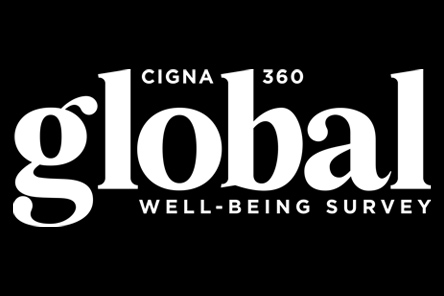Onze klantenondersteuning staat het hele jaar door 24/7 voor u klaar. Neem vandaag nog contact met ons op.
The Employer Challenge
There is a gap in expectation between what employees want and what they’re currently getting. In the current climate where talent is jumping ship if conditions at work aren’t right, or, to coin a recent phrase, they are Quiet Quitting – doing the bare minimum at work because they feel undervalued for effort put in – employers need to step up to retain and attract that talent.
Status, certainty, relatedness, and fairness at work are fundamental elements in the whole health equation. These relate to feeling valued at work, feeling well informed and secure, feeling they fit in and have a sense of belonging, and a sense of being treated fairly and with respect.
When asked for their top three criteria to remain in their current role, 41% of people said a competitive salary, but close behind came flexible hours, at 29%, followed by stability in the company (25%) and a friendly inclusive work culture (22%). 17% said the opportunity to grow and develop is a key factor, and 19% would like reward for work rather than hours worked – they don’t want to feel monitored in terms of time only.

The employer opportunity is to support these whole health needs. While of course a competitive salary and adequate paid time off is essential, they need to take a flexible approach that enables them to get the best results from their employees. For example, currently only a third (35%) said they are offered flexible working hours and location despite it being the top, non-financial criteria for job hunters.
There is also a need to examine the role of the office and ensure that time spent there supports productive engagement, rather than the cubicle-led or headphones-on environment of the past. Somewhat surprisingly, only 17% of employees said they had a weekly check-in meeting with their manager, a critical factor in helping reduce employee stress and avoid work being transactional.
Employers play a crucial role meeting these whole health needs. 56% of people said the type of medical plan offered would be a decisive factor when choosing one employer over another and 48% want services that help them lead a healthier lifestyle. Therefore, employers need to look beyond their traditional responsibilities and build a culture that supports whole health, from mental and physical well-being to advice and support for broader aspects of their lives, such as access to financial advice or coaching.
35% of have flexible working hours and location
23% have flexible time off
22% of workers has a healthcare plan which supports complex health conditions
16% have access to healthy living services
This debate has been accelerated massively through the pandemic. We've all been talking about globalization of the workforce and hybrid working for some time, but the actual shift is in motion. Many candidates are absolutely looking for that flexible, more fluid kind of hybrid environment, and I don’t think yet as employers, we’ve fully grasped this. There’s a tremendous opportunity that plays to the heart of the whole health agenda, to create work environments that offer better work-life balance and productive, engaging and stimulating work cultures, which will attract and keep the best talent in the industry.
The caveat is that it’s not a simple fix. With everyone spread out, creating that enjoyable work-culture is more difficult – and conversely can contribute to employee isolation and stress. Also, there is extra work for managers to make sure that the right people are in the office on the right days, that people are recruited in the right locations, and that the right communication set up is in place. Organisations must make core changes to make that happen. I think they're still learning.


